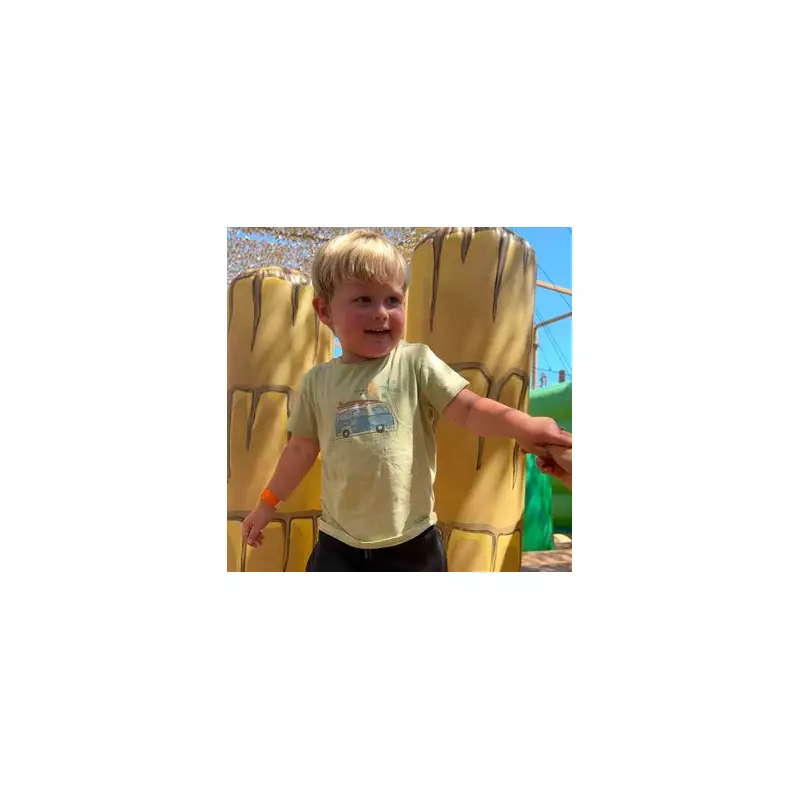
In a blistering response to the International Criminal Court, Russian state media has launched a furious tirade, dismissing the arrest warrant for President Vladimir Putin as legally 'void' and vowing to ensure his protection on the world stage.
The ICC issued warrants for both Putin and his Commissioner for Children's Rights, Maria Lvova-Belova, on allegations of war crimes relating to the unlawful deportation of Ukrainian children. The Kremlin's propaganda machine, however, has swung into action, framing the move as a politically motivated attack with no basis in international law.
A Firm Rejection from Moscow
Prominent Russian news anchor Olga Skabeyeva set the tone on state television, declaring the warrant 'null and void' from the moment it was signed. The official stance from Moscow is one of outright rejection, as Russia is not a signatory to the Rome Statute that established the ICC.
This legal technicality forms the cornerstone of Russia's defence, with officials and state media personalities alike arguing that the court holds no jurisdiction over the country or its leadership.
'We Will Protect Our President'
The most defiant rhetoric came with a promise of protection. Skabeyeva stated unequivocally that the Russian government would take all necessary measures to safeguard President Putin during any future foreign visits.
This pledge signals a potential for heightened tensions and complex diplomatic standoffs should Putin choose to travel to nations that are signatories to the ICC and are therefore obligated to execute the warrant.
The Allegations at the Heart of the Case
The ICC's case centres on the alleged organised deportation of thousands of Ukrainian children to Russia since the invasion began. Moscow has openly admitted to relocating children but characterises it as a humanitarian mission to protect orphans and children in conflict zones.
This stark contrast in narrative—between a war crime and an act of salvation—highlights the immense informational chasm between Russia and the international bodies condemning its actions.
The warrant for Putin marks a unprecedented moment in international law, being the first time the ICC has targeted a leader of one of the five permanent UN Security Council members. The world now watches to see what practical consequences, if any, this historic move will yield.






